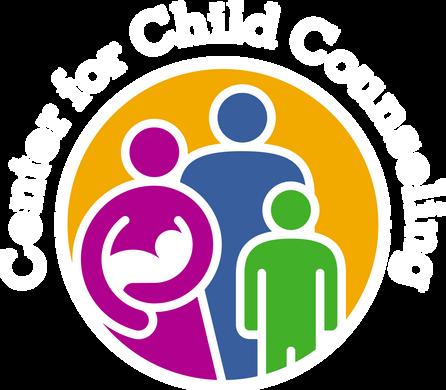
1 minute read
LeadtheFight
What are ACEs?
Adverse Childhood Experiences (ACEs) are common – and in the absence of safe, buffering relationships, they can cause long-lasting harm They include experiences like witnessing violence at home or living with a parent with serious mental or addiction. When children experience multiple negative events like these, their bodies flood with stress hormones, damaging the developing brain and increasing their risk for later health problems like heart disease, diabetes, or depression.
Adverse Childhood Experiences and Lifelong Health
The landmark ACEs study identified ten early adverse experiences such as physical abuse, domestic violence, addiction in the home, and divorce. A survey was developed to help people measure their ACE “score.” The majority score one or two, but many people score much higher. Adults with high ACE scores (directly related to experiences before age 18) show higher rates of health issues, substance abuse, and suicide risk.
ACEs and The Pandemic
Unfortunately, the reality of the pandemic will be felt for many years, especially for children already facing adversity and trauma. The call to act has never been more critical. There has been an upsurge in children and teenagers in crisis, with over 40% saying they feel anxious, depressed, and/or stressed.
Building Resilient Children and Trauma-Informed Communities
Children thrive when they have regular interactions with responsive, caring adults. Yet neglect is the most commonly reported form of child maltreatment, resulting in long-term effects on children’s health and development. Child neglect is more likely in families that are experiencing an overload of stress. Depression or other mental health challenges can also slow down parents’ responses to children’s needs. When adults in our neighborhoods, schools, healthcare, and community centers are ACEs and trauma aware, they can buffer the adversity children experience, preventing further harm.
Center for Child Counseling's innovative approach is changing how we fight ACEs.
As the foremost ACEs training and treatment center of the Southeast, Center for Child Counseling developed a cutting-edge model based on the latest neuroscience to tackle this issue at the child, family, and community levels.

The Battle Can Be Won
When children grow up in a trauma-informed community, they realize life-changing benefits: ample supportive relationships, an end to generational cycles of abuse, greater racial and cult healthier emotions and behaviors.
Learn more at the official Lead the Fight site: www.centerforchildcounseling.org/leadthefight





